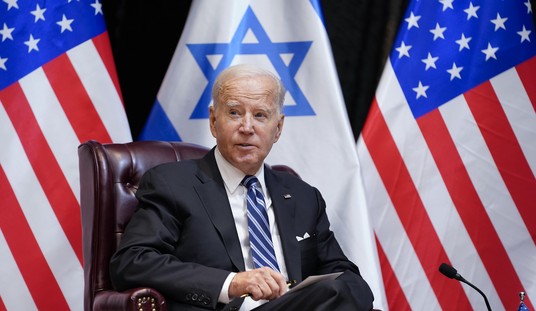Ideas are such intangible things that it is hard to believe that they have had a huge impact on the lives of people who are not intellectuals and who, in many cases, have paid little attention to those ideas. Yet both secular and religious ideas have moved the emotions of many-- and have moved leaders who moved armies.
When we look back on the Spanish Inquisition, on the Crusades of the past and the Jihads of the past and present, we see chilling examples of the effects of ideas. But the secular ideologies of the 20th century killed millions more people in Germany, Russia and China-- and similarly in pursuit of higher goals, even if those ideals were used cynically by those with power, as in the past.
If there is any lesson in the history of ideas, it is that good intentions tell you nothing about the actual consequences. But intellectuals who generate ideas do not have to pay the consequences.

Academic intellectuals are shielded by the principles of academic freedom and journalists in democratic societies are shielded by the principle of freedom of the press. Seldom do those who produce or peddle dangerous, or even fatal, ideas have to pay a price, even in a loss of credibility.
Who blames Rachel Carson, an environmentalist icon, because her crusading writings against DDT led to the ban of this insecticide in countries around the world-- followed by a resurgence of malaria that killed, and continues to kill, millions of people in tropical Third World countries?
Even political leaders have been judged by how noble their ideas sounded, rather than by how disastrous their consequences were. Woodrow Wilson-- our only president with a Ph.D.-- was an academic intellectual for years before entering politics, and his ideas about a war to end wars, making the world safe for democracy, and the right of self-determination of peoples, have been revered in utter disregard of what happened when Wilson's notions were put into practice in the real world.
Recommended
No one today takes seriously the idea that the First World War was a war to end wars, and many now see it as setting the stage for a Second World War. Indeed there were those who predicted this result at the time. But they were not listened to, much less lionized, like Woodrow Wilson.
Like many intellectuals, Woodrow Wilson assumed that if things were bad, "change" would automatically make them better. But the autocratic governments in Russia and Germany that Wilson abhorred were followed by totalitarian regimes so oppressive and murderous that they made the past despots look almost like sweethearts.
As for the self-determination of peoples, that turned out in practice to mean having whole peoples' fates determined by foreigners, such as Woodrow Wilson, who joined in the dismemberment of empires, with dire consequences in the 1930s, as Hitler picked off the small and vulnerable newly created nations, one by one-- an operation that would have been far more dangerous if he had had to face the larger empires of which they had been part before the First World War.
To this day, we are still living with the consequences of carving up the Ottoman Empire to create far more unstable and dangerous states in the Middle East.
But Woodrow Wilson's words sounded great-- and that is what he and other intellectuals are judged by.
It may seem strange that so many people of great intellect have said and done so many things whose consequences ranged from counterproductive to catastrophic. Yet it is not so surprising when we consider whether anybody has ever had the range of knowledge required to make the sweeping kinds of decisions that so many intellectuals are prone to make, especially when they pay no price for being wrong.
Intellectuals and their followers have often been overly impressed by the fact that intellectuals tend, on average, to have more knowledge than other individuals in their society. What they have overlooked is that intellectuals have far less knowledge than the total knowledge possessed by the millions of other people whom they disdain and whose decisions they seek to override.
We have had to learn the consequences of elite preemption the hard way-- and many of us have yet to learn that lesson.

























Join the conversation as a VIP Member